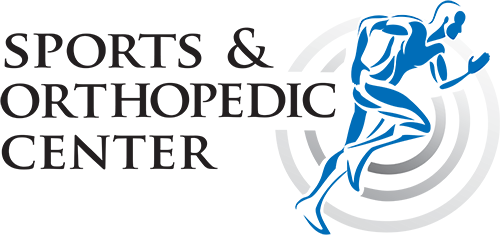OVERUSE INJURIES
Overuse injuries occur from stressing your joints, muscles, or other tissues without allowing them to recover. For example, throwing a baseball at high speeds over and over can stress your shoulder joint and cause an injury to part of that joint (the rotator cuff).
Overuse injuries can be caused by:
- Doing too much too soon.
- Doing intense exercise.
- Not varying your activity or exercise routine.
- Doing too much without proper conditioning.
- Not using the proper form for the activity.
- Not using proper equipment, such as wearing poorly fitting shoes.
- Doing too much of an activity at work.
Overuse injuries can also lead to stress fractures. Stress fractures are weak spots or small cracks in the bone caused by continuous overuse. Stress fractures often occur in the foot after training for basketball, running, and other sports. There often is no swelling, but pain and tenderness often increase during movement.
 Treatment of an overuse injury
Treatment of an overuse injury
The goal of treatment is to control the pain, promote healing, prevent complications, and restore normal use of the injured area.
Initial treatment for overuse injuries includes R.I.C.E. (rest, ice, compression, and elevation).
Most overuse injuries are avoidable. To prevent an overuse injury:
- Use proper form and gear.
- Pace yourself.
- Gradually increase your activity level.
- Mix up your routine with cross-training.
WHAT TO DO:
If you suspect that you have an overuse injury, consult your doctor. He or she will likely ask you to take a break from the activity that caused the injury, but you may be able to perform alternative training as long as it does not stress the involved body part. When you think the overuse injury has healed, ask your doctor to check that you’ve completely regained strength, motion, flexibility and balance before beginning the activity again.
If you are still experiencing pain, reach out to one of our orthopedic specialists for information on how to best manage and monitor your pain.

